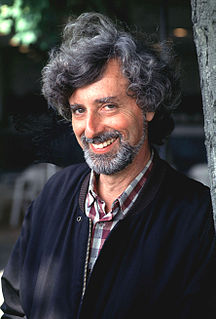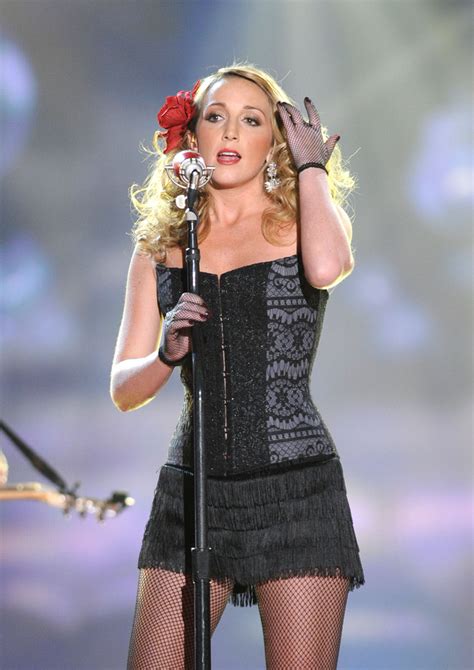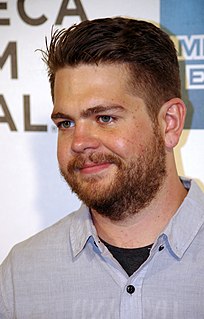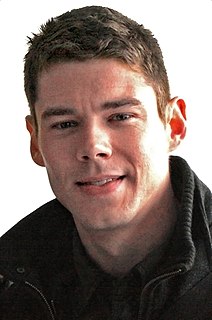A Quote by David Duchovny
I don't mind close-ups, I like them, but they're kind of forceful - you see a lot, you get a lot of information in a close-up. There's less mystery.
Related Quotes
If you push in every time there's a big moment, then the tenth time you push in, you're not going to get the same effect. Or if you have too many close ups, then when you have a big moment and you want a close-up in order to make a point, it doesn't mean anything because you've already been doing close-ups. It's like writing in all capitals. Then after a while that doesn't mean anything. So, just because you can do something with a camera doesn't mean you should.
I'm very interested in clans and the way people group together, and there's a lot of group shots. There's a lot of people in positions that people feel like they're in attack mode, kind of pointed at each other in the frame. I'm not a big fan of shooting something that looks like it could belong in any movie, I'm not a fan of okay, "wide shot, wide shot, medium shot, close-up, close-up, we'll figure it out in post." I hate that.
I see that things are getting made a lot faster for less money and there are a lot less opportunity, I think, for actors. There's not a lot of work in the U.K. I mean, that's why everyone's moving to America because that's where the work seems to be. But it definitely feels like a lot more of a slog to get a gig these days. I suppose that's a lot to do with our current climate and financial messes. I certainly see that people seem to have to work harder with a lot less time.
As a writer, one of the things we all learned from the movies was a kind of compression that didn't exist before people were used to watching films. For instance, if you wanted to write a flashback in a novel, you once had to really contextualize it a lot, to set it up. Now, readers know exactly what you're doing. Close-ups, too.
One thing that is very different technically is that you don't get a lot of coverage in television. Not like you do on a film. I know we don't have time for separate set-ups, so I will design a scene where I'm hiding multiple cameras within that set-up. That way, if I don't have time to do five set-ups, I can do four cameras in one set-up. It's a different kind of approach for that. For the most part, a lot of television, in a visual sense, lacks time for the atmosphere and putting you in a place.







































